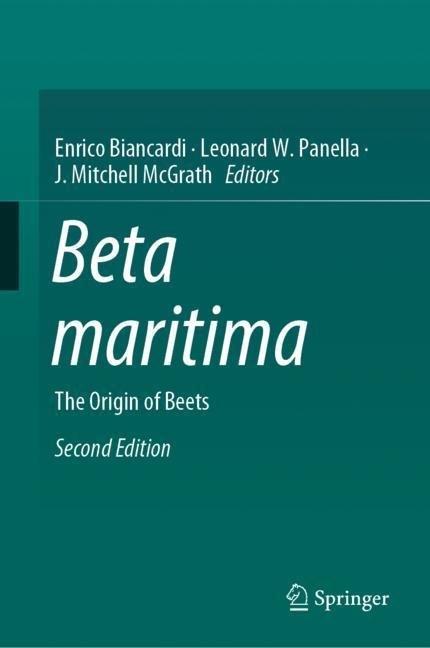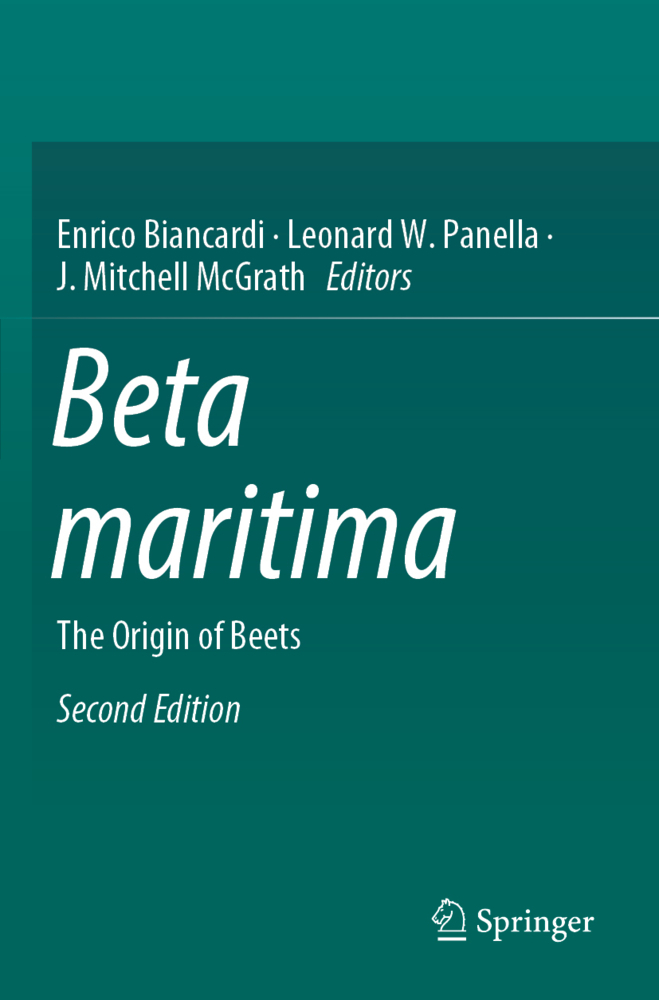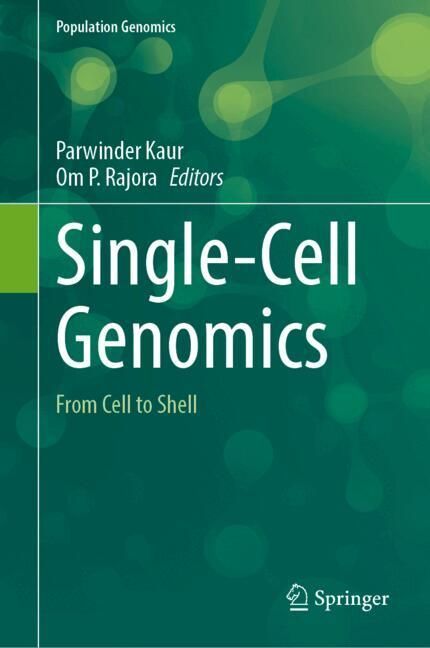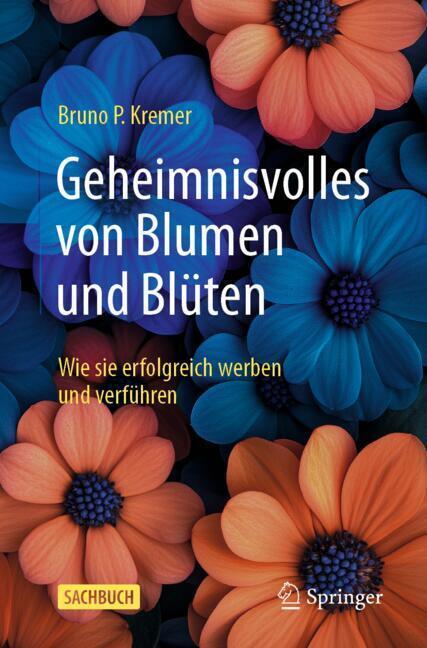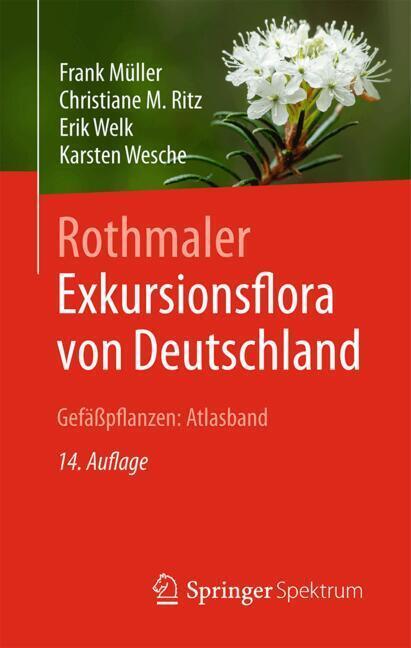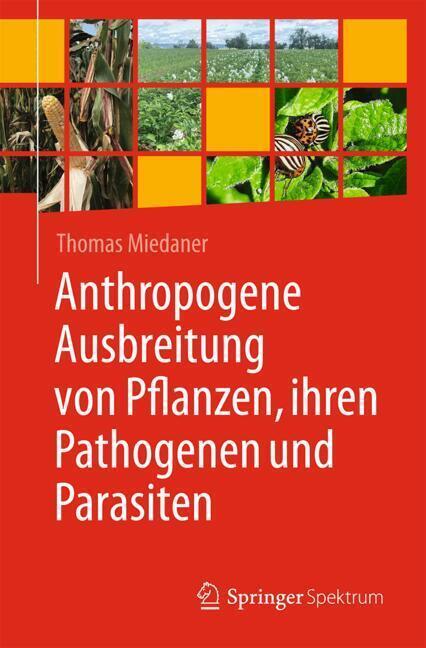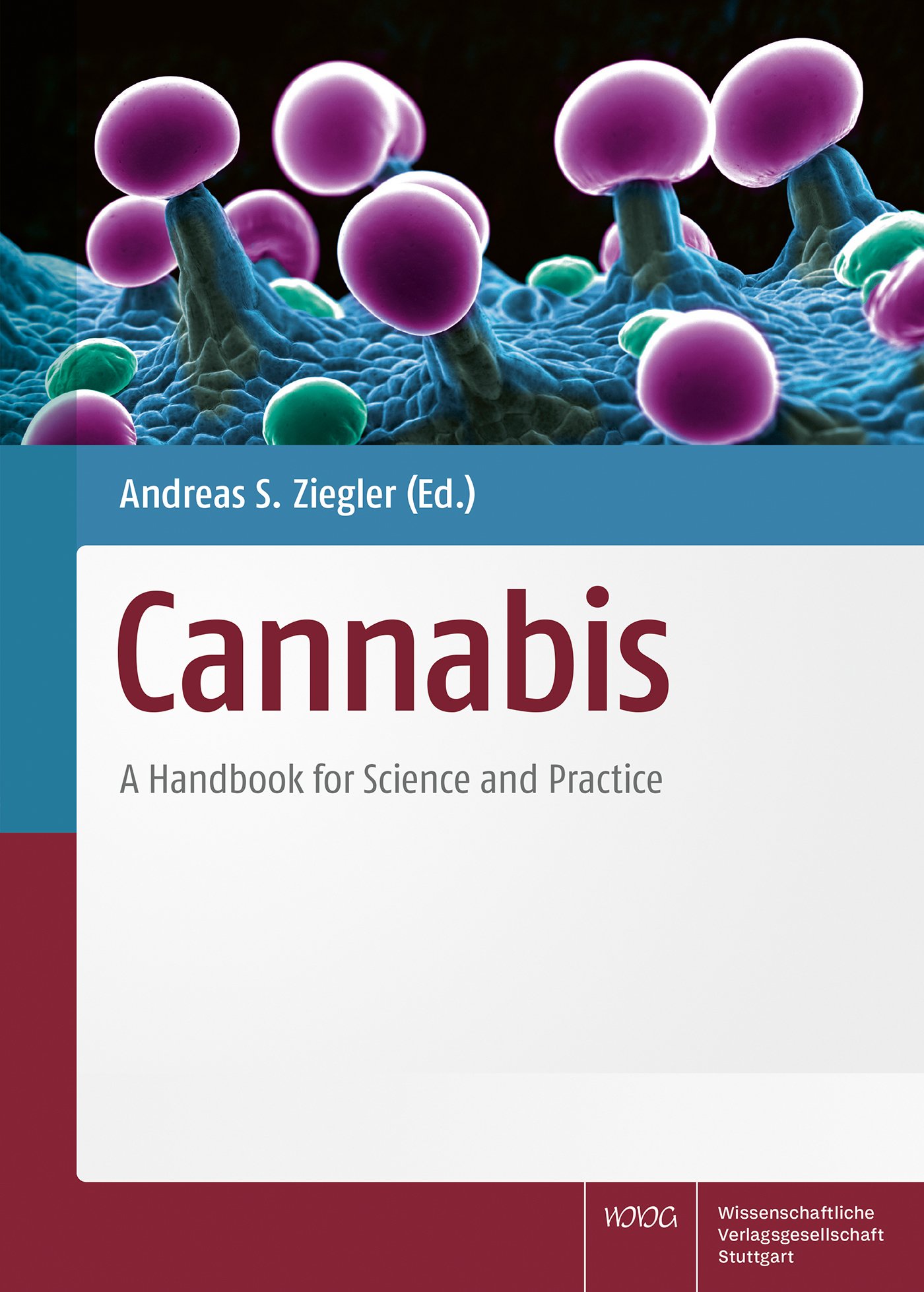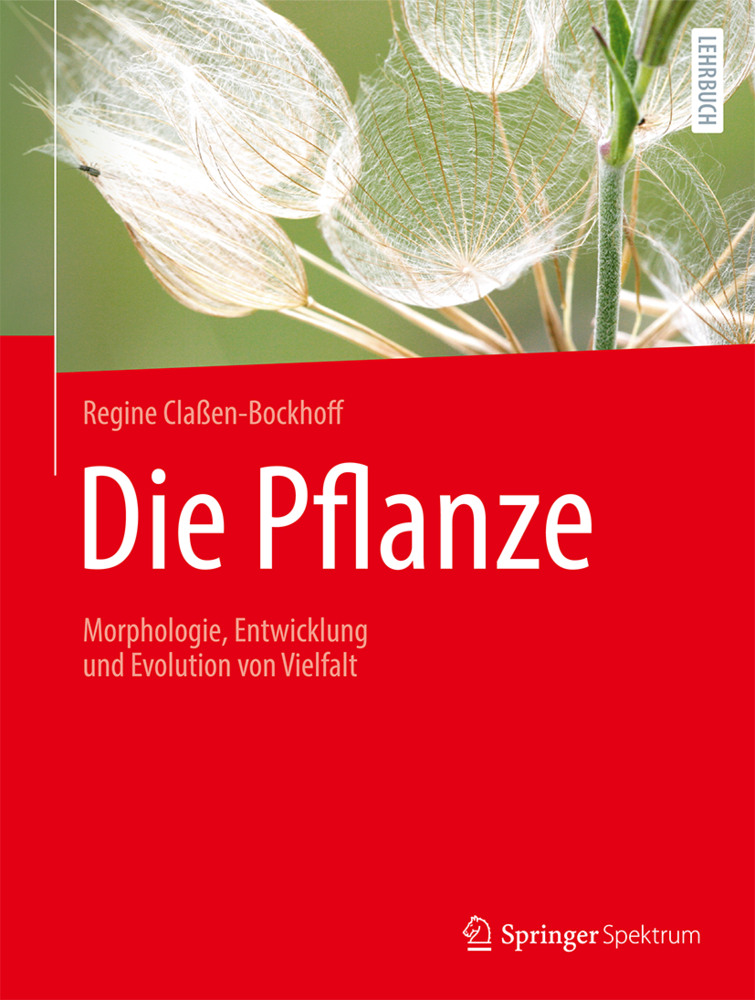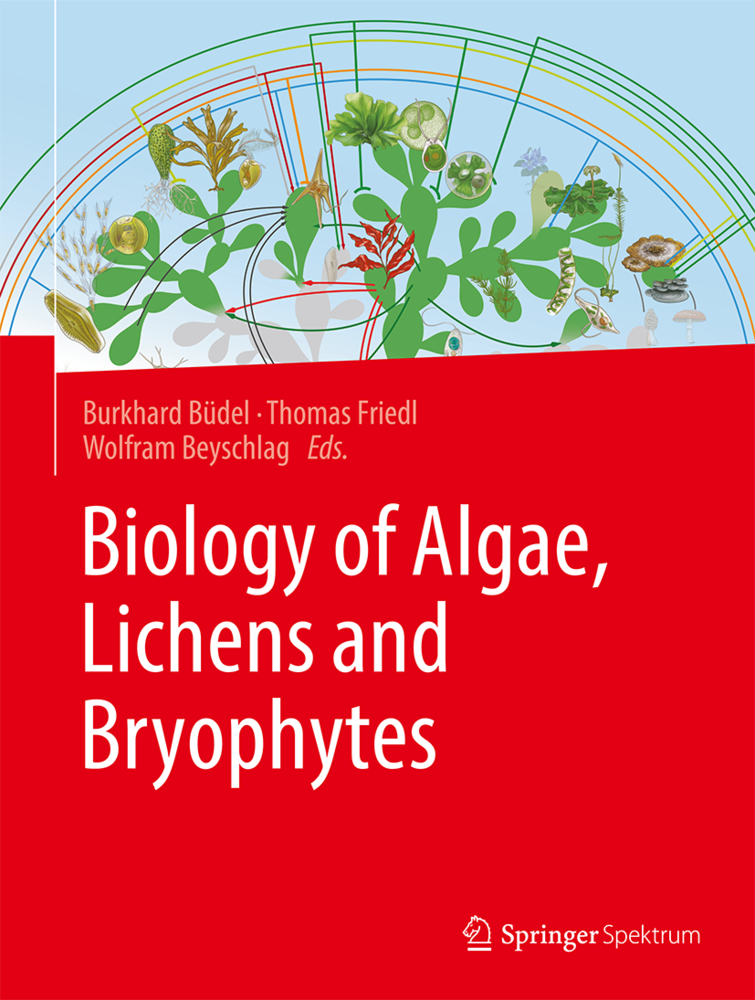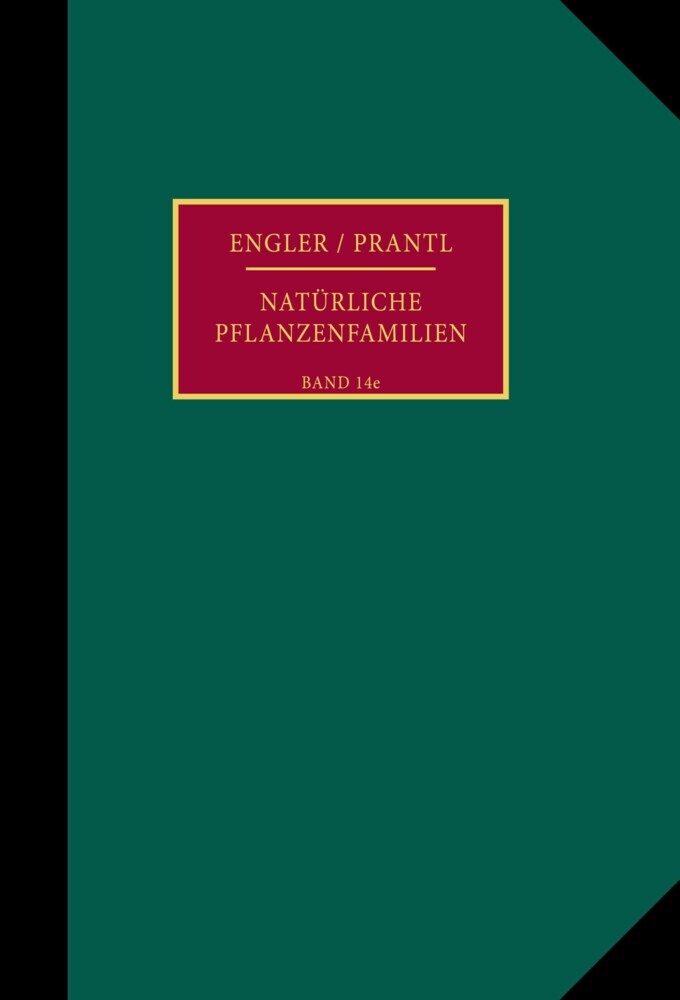This book, now in its second edition, provides researchers and operators a complete description of all aspects regarding the wild ancestor of sugar beet. The possibility of crossing modern crops with the ancestors from which they are derived in order to recover some traits lost through domestication is increasingly attracting interest. The selective process implemented by the first growers led to the elimination of features not considered useful at the time. Yet some of these lost traits have now become very important. In fact, in many areas sugar beet cultivation would now be impossible without the transfer of some genetic resistances from Beta maritima, the crop's ancestor. Moreover, the isolation of such traits is becoming increasingly critical with regard to current and future environmental and economic considerations on e.g. the use of pesticides.
This second edition replaces certain photographs and has been updated to reflect the latest advances and findings. One chapter and several sections have been rewritten, and significant revisions have been made throughout the text. The new techniques provide breeders with massively improved analytical means for the safest and fastest selection procedures. Not only will these techniques allow Beta maritima to take on a far greater role as a source of favorable traits; the relative ease with which these characteristics can be transferred will also make it possible to use the germplasm of the whole genus Beta and Patellifolia, which to date has been highly complex, if not impossible, due to the difficulties of hybridization.
Enrico Biancardi began working at the ISCI - Rovigo (ex Stazione Sperimentale di Bieticoltura). Since 1980, he became responsible of the breeding research of the Station and released several male-sterile lines and genetic monogerm varieties, which found commercial development. Using traditional selection systems, applied mainly on crosses with Beta maritima , he obtained improvements in resistance to rhizomania and to cercospora leaf spot. Together with De Biaggi and Stevanato, he localized new sites/populations of Beta maritima along the Italian coasts. He hold a number of reports at international conferences and authored books, book chapters, and about 150 publications. He coordinated the section 'Sugar beet' for the fourth volume of the 'Handbook of plant breeding' printed by Springer. In collaboration with Panella and Lewellen, he edited the book ' Beta maritima : the origin of beets'. The book entitled 'Rhizomania' was published by Springer in 2016 with Tamada as co-editor. Retired in 2009, he currently collaborates with the University of Padua and some Stations of USDA.
Leonard (Lee) W. Panella is a plant breeder, formerly with the USDA-ARS, now as an affiliate faculty of Colorado State University in Fort Collins, CO. Dr. Panella received a B.S. from Michigan State University, an M.S. from Texas A&M, and a Ph.D. from the University of California at Davis. He joined the USDA-ARS as a research geneticist at the Sugar Beet Research Unit in Fort Collins, CO. in 1992, became Research Leader in 2000 and retired in 2017. He has authored or co-authored over 200 publications. He has participated in crop improvement programs dealing with five different crop species; has characterized genetic diversity in sorghum, cowpea, sugar beet, Fusarium oxysporum fsp. betae, and Rhizoctonia solani Kühn with classical and molecular genetic methods; and has released 45 germplasms in three crop species. Most of these releases have been for sugar beet and he has worked extensively in characterizing and utilizing Beta maritima. He has actively supported plant exploration missions to fill gaps in the USDA-ARS NPGS Beta collection, collaborated in a collection trip to Greece for Beta nana, and participated in the collection trip for Beta maritima and Beta patellaris in Morocco.
J. Mitchell (Mitch) McGrath is a Research Geneticist with the USDA-ARS with primary responsib
Biancardi, Enrico
Panella, Leonard W.
McGrath, J. Mitchell
| ISBN | 9783030287481 |
|---|---|
| Artikelnummer | 9783030287481 |
| Medientyp | E-Book - PDF |
| Auflage | 2. Aufl. |
| Copyrightjahr | 2019 |
| Verlag | Springer-Verlag |
| Umfang | 284 Seiten |
| Sprache | Englisch |
| Kopierschutz | Digitales Wasserzeichen |

